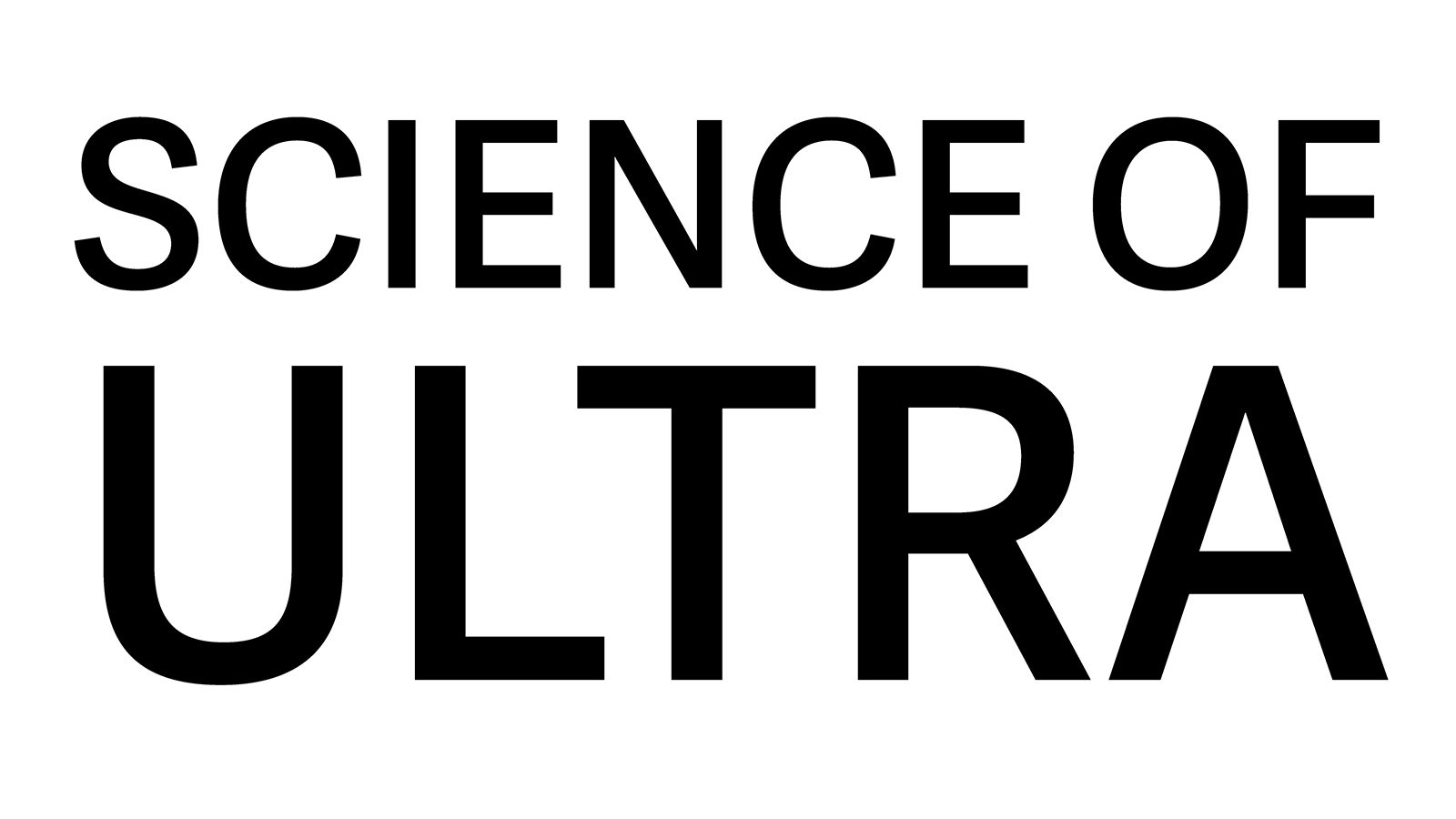Low tech = high quality running
The sports world is dominated by a gear mindset. Heart rate monitors, GPS watches, power meters, smart phone apps…
What technology do you use to track, monitor, document, and assess your workouts?
How important is gear in your progress and how much joy has it brought you. I will wager that the true answer is “not much”.
What if I could offer you a robust, flexible, and fluid system based on millions of years of development and built by the most rigorous design collective ever known? Sound good? Well, you’ve already got it. You were born with it.
We have sensors distributed throughout the body that are exquisitely sensitive, adaptable, integrated, and constantly recalibrated. Providing input and data to these sensors is a neural, humoral, and hormonal signaling system so expansive and intertwined that we are only beginning to comprehend its complexity. We network all of this into the most complicated computing system ever devised - our brains (and spinal cords). We evaluate millions of datum points collectively and in the context of our emotions, motivations, goals, and other executive-level circumstances to formulate perceptions of our immediate situation considering our past and our desired future. We subtly balance the importance and value of each bit of data in the context of everything else going on in our lives, from how much quality sleep we got last night to the degree of our motivations for the task at hand. And, we employ this system with iterative, instantaneous, and precise calibrations and recalibrations on the fly (on the run!).
Holding a watch, app, or other device up to this standard and against what nature has provided us is absurd. Do not fall into the trap of thinking that some piece of hardware on your wrist is somehow smarter or can provide you with better outcomes.
If we lived our lives as humans have, our predecessors did, and all other animals do…in the wild and constantly in tune with the natural world for survival…then paying attention to our perceptions would be synonymous with life. However, our synthetic surroundings, comforts, and technologies have served to dissociate us from the need to pay close attention to ourselves. It takes practice to regain the natural skills required to be in tune with ourselves.
Devices, apps, watches, etc. are best, in my opinion, for people on the ends of the spectrum of runners, for those relatively new to the sport and for those approaching their potential. They can be useful as tools to help us develop a conscious awareness of physiologic parameters in the context of our perceptions. When used as a tool to help bridge the divide between our dissociated state and a greater connection to our perceptions, then these devices can be useful. Everyone in the middle 70-ish % might be better off, progress quicker, and enjoy running more by forgetting the technology on most runs.
My take-home message to you: leave all the gadgets at home and pay close attention to how you feel. Do this on more runs than not. Dedicate yourself to becoming a better student of your own body. I promise that a new world of connection will open to you and that you will become a faster, stronger, and happier runner.
